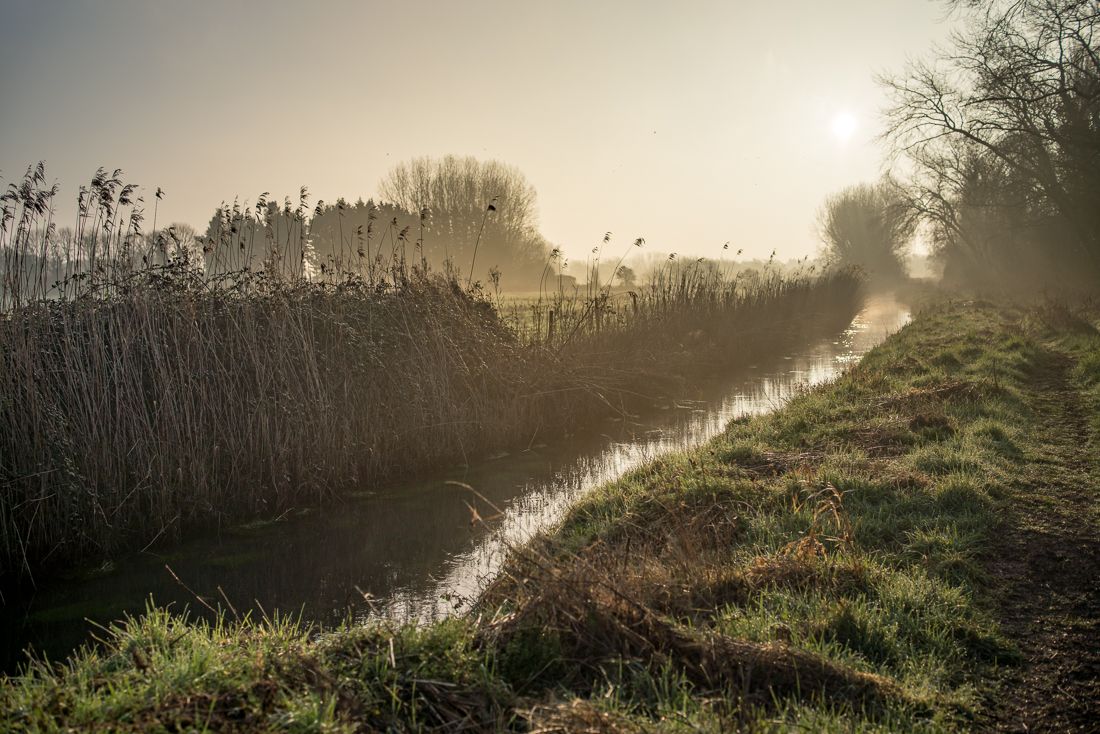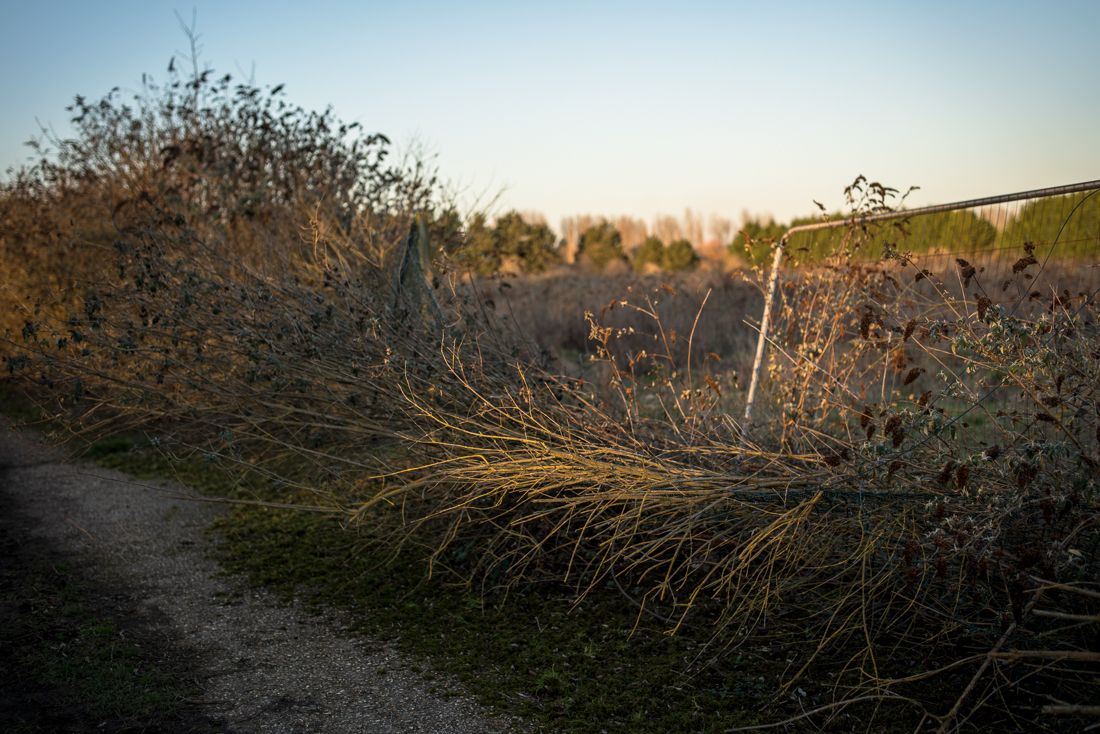David Lintern: The body keeps the score


|
A fee for this story is donated to Bikes for refugees, ScotlandDavid suggested donating his fee to Bikes for refugees, Scotland. Here's what they say about the role and goals of their activity "Bikes support the social inclusion and integration of New Scots into Scottish life and sends out an important message of solidarity to people seeking safety and shelter. Bikes and the transformational power of cycling helps isolated families and children to connect with communities, essential services, and to forge new friendships." |
Grieving the death of a parent is an experience that no amount of listening to others’ stories or reading books on the subject can prepare us for; the only way to truly understand what this means and how it feels is when we experience it first hand. I can only imagine it but I presume that the death of a mother is a cataclysmic event in anybody’s life, no matter whether you were even on speaking terms towards the end. A mother brings us to this world and when she is gone the umbilical cord has been severed for good, a connection has been broken as we have lost the person whose womb prepared us for life.
David Lintern is a photojournalist and writer whose work includes creating stories for publications such as The Guardian, National Trust for Scotland, BBC and others. His project The Body Keeps the Score takes its mysterious title from a book he found on his mother’s shelf when he was clearing out her house after her death. It refers to how trauma, something most would consider to have purely psychological consequences, can actually be internalised and transpire within the physical body rather than just the mind.

The images we see here were made in the space of only a few days and they depict an old tree nursery which, unsurprisingly, has now been earmarked to be the site of building development on the south coast of England. Albeit the photographs were only made in a week or so, they carry a huge emotional significance for the author that is palpable — it’s a place he used to visit with his mum and walk her dog when she was unable to do so herself. Lintern has captured the ghosts of the past and the memories they carry of significant moments spent with a beloved one.
A photograph is so much more than what it simply shows on the surface. It contains layers upon layers of meanings which vary wildly depending on who is looking at it. In this instance we see a great example of how images marry up with context; if someone was to see them without the information provided, they would see beautiful light, mist, water and some houses. In other words, the true essence of the meanings of The Body Keeps the Score would be impenetrable. Once we know more about the photos, we see the photographs with completely different eyes, perhaps we put ourselves in the photographer’s shoes and imagine what he might have felt while clearing out the house of his mother after her funeral. Lintern used to visit these places when he was a teenager, smoking menthol cigarettes in the middle of abandoned brickworks.
Sign up for the newsletter to read this post
We support independent documentary photographers and photojournalists by promoting their work. Read unique documentary stories with our newsletter.
